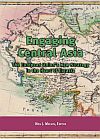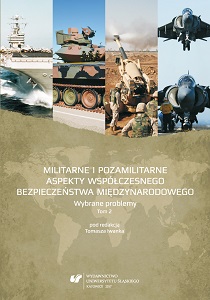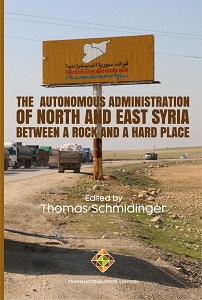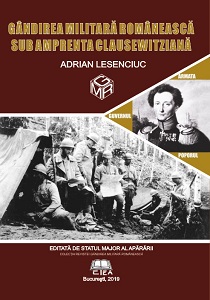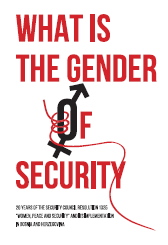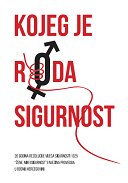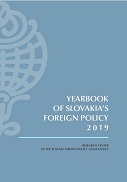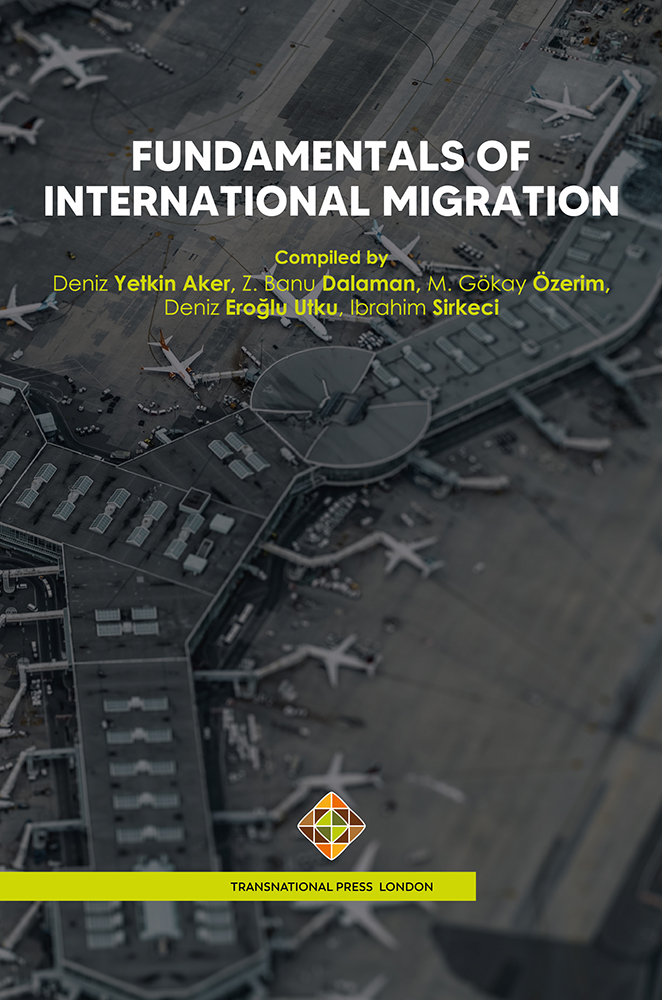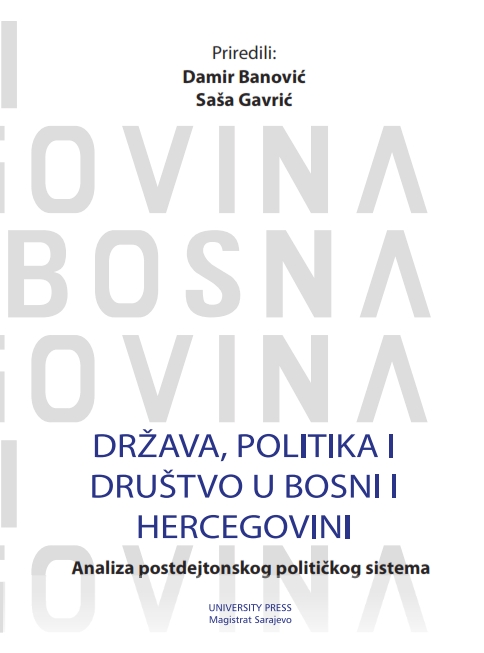
Sigurnosna politika Bosne i Hercegovine
Započeti procesi demokratske tranzicije Bosne i Hercegovine od postkonfliktne do savremene državne zajednice zahtijevaju značajne unutrašnje i vanjskopolitičke preokrete. S tim u vezi tekst analizira sigurnosnu politiku Bosne i Hercegovine u postdejtonskom periodu, praveći kratku povijesnu retrospektivu njegovog razvoja od 1995. godine. Poseban fokus usmjeren je na kompleksnost organizacije i funkcioniranja komponenti unutrašnjeg i vanjskog sistema sigurnosti. osim toga analizirani su savremeni sigurnosni izazovi s kojima se Bosna i Hercegovina eventualno može susresti ili se već susreće. Također je posebna pažnja posvećena reformi sistema sigurnosti na putu u evroatlantske organizacije te analizi sposobnosti Bosne i Hercegovine za borbu protiv terorizma, te drugih aktuelnih sigurnosnih izazova.
More...
